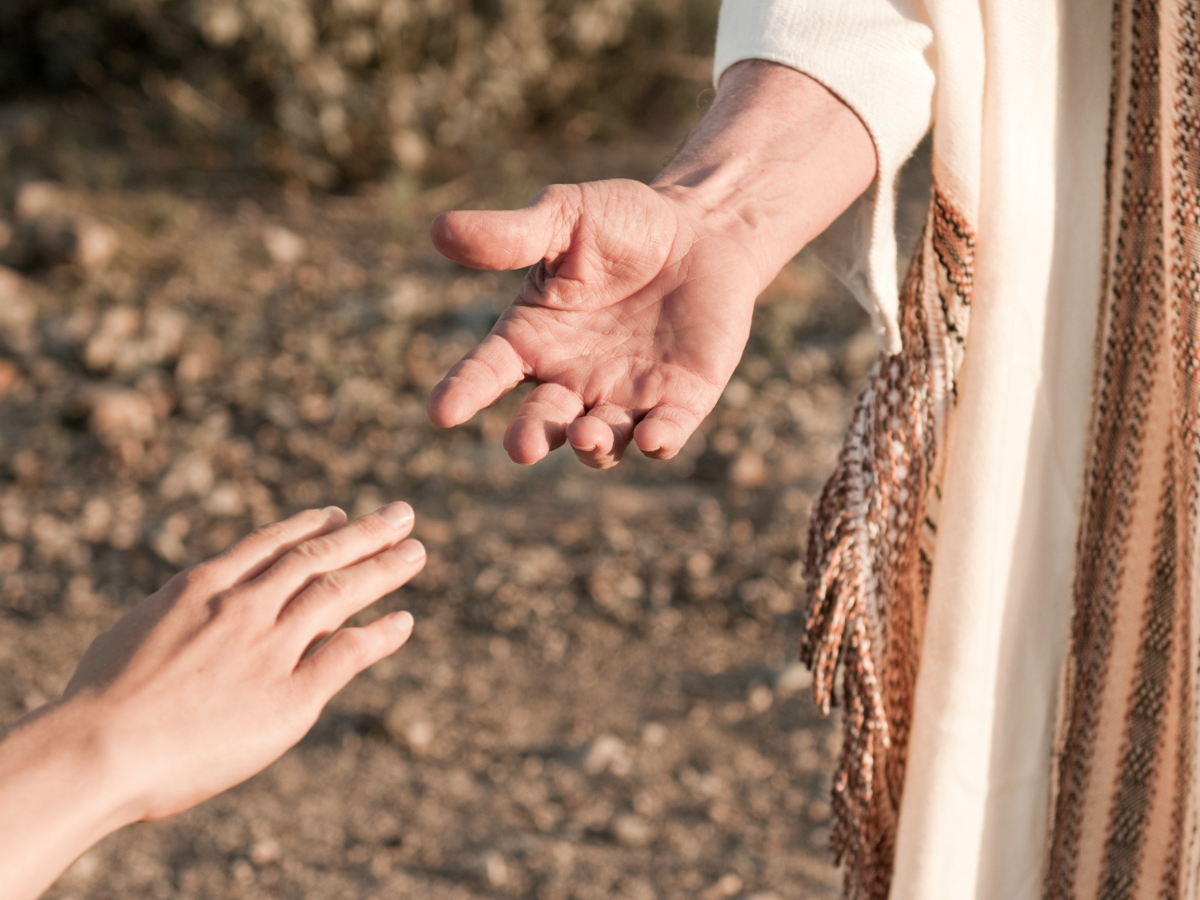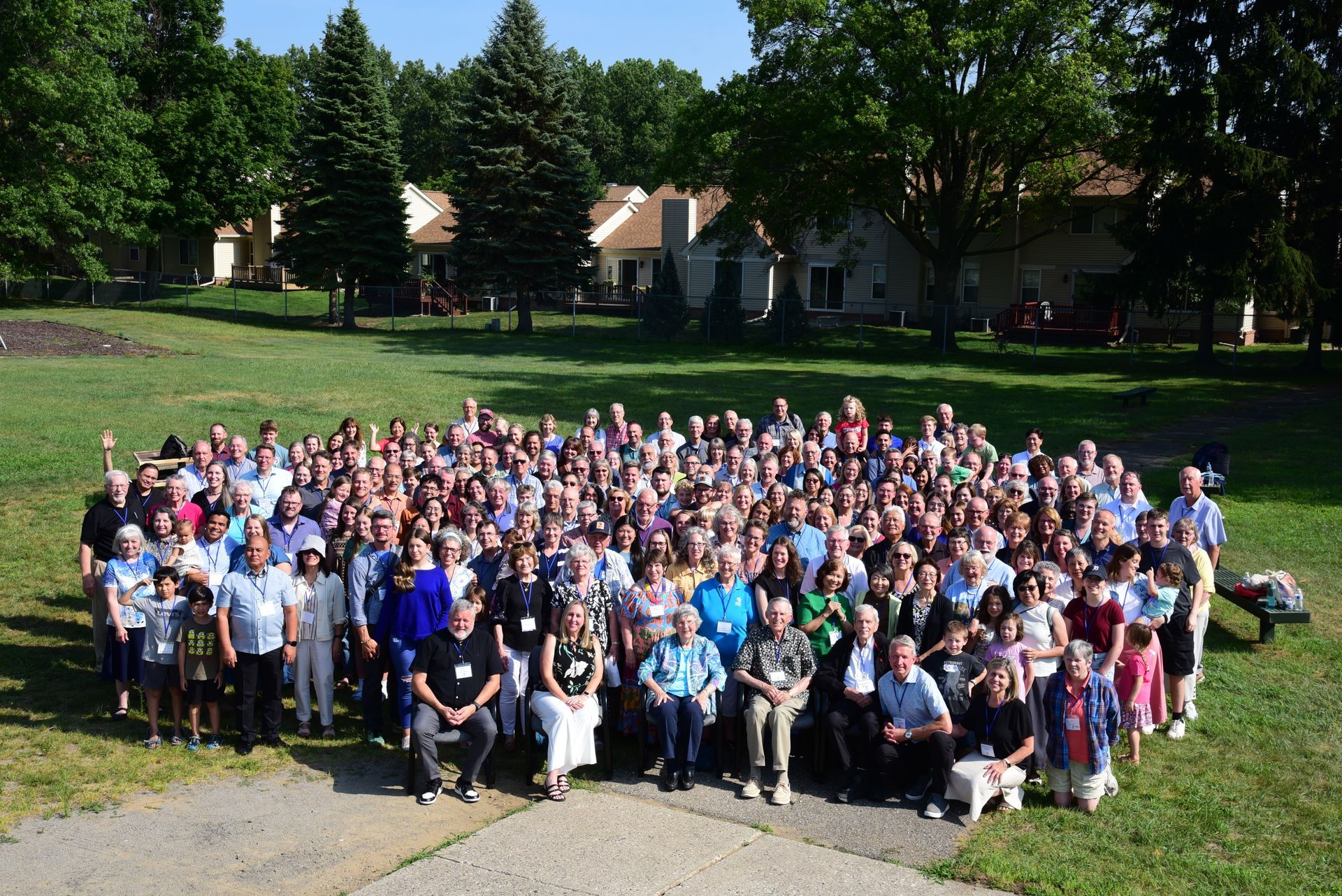
Have yourself a flexible little Christmas
By Teena Embaugh, Third-Culture Kid care specialist — Developing Play-Doh Expectations means keeping your plans flexible and able to take on new shapes as they hit the hard wall of reality. ( Read more about Play-Doh Expectations. ) We routinely teach this valuable concept to Third-Culture Kids, who live with their missionary parents in a country other than their passport country. But this year, COVID-19 has upended plans and shattered expectations everywhere. Missionary or not, we all can benefit from Play-Doh Expectations.
Changed plans and unmet expectations can be particularly painful when they affect longstanding traditions like holiday celebrations. You or your children may be expecting Christmas to be the way it always has been. But, because of COVID safety restrictions, that might not be possible. What could Play-Doh Expectations look like this holiday season?
I absolutely am not the expert at this, as I am walking this same journey with all of you, but I would like to humbly suggest a few ideas that I’m trying to put into practice in my own life.
1. Pray about your plans.
Ask the Lord to show you ways you may be making promises to yourself or your kids that you can’t keep in regards to how you will celebrate the holidays. For most of us, our hard wall of reality is that we DO have limitations that are going to affect our usual ways of celebrating. I love to spend the holidays with my family and friends, in person, giving hugs, going shopping, and taking cookies to all our neighbors. Most of those traditions are not going to happen this year, and I have had to quit holding to the expectation that I can force them to happen. I start by praying about it, asking for the Lord’s insight, and then honestly acknowledging that many of my expectations are not going to be met.
2. Talk openly with your family.
Ask your family about specific things they expect will be included in your celebrations this year. Try to be intentional about including at least one important, yet safe, thing from each person. But, at the same time, be honest about what is not going to be possible this year, and consider making a holiday celebration wish list that you can work hard on fulfilling next year. Then, allow some space and time for people to grieve and express their feelings about their unmet expectations in appropriate ways—ways that don’t harm themselves or others with their words or actions, but allow them to process well. Some ideas for kids (or creative adults!) might include drawing pictures, writing about their feelings, composing a sad song, or making a video where they pour out their thoughts.
3. Find something you can do.
Here’s the fun part! When you make the list of what you can do this year, try not to focus on how many things are missing, and instead, try adding at least one new activity or project. Make it something enjoyable for everyone involved, and don’t be afraid to think outside the box and try something that will challenge you and bring you together as a family. Perhaps you will start a new tradition!
4. Remain flexible.
With the COVID situation constantly changing, remember that even your new plans might not come to fruition. Make flexibility and resilience a part of how you think, speak and live. After all, Jesus came that we might have life, and have it abundantly. He wants us to find joy in each new day, being grateful for what we DO have and CAN do, moving forward with confidence to whatever God has in store for us next.
I hope these ideas will help us all do more than just “get through” the holidays. Instead of focusing on the sadness or frustration about what we are missing, perhaps by cultivating Play-Doh Expectations, we can experience a deeper sense of joy, a deeper appreciation for the traditions we’ve enjoyed in the past, and a deeper thankfulness for Jesus, God with us, the real reason for this season.





